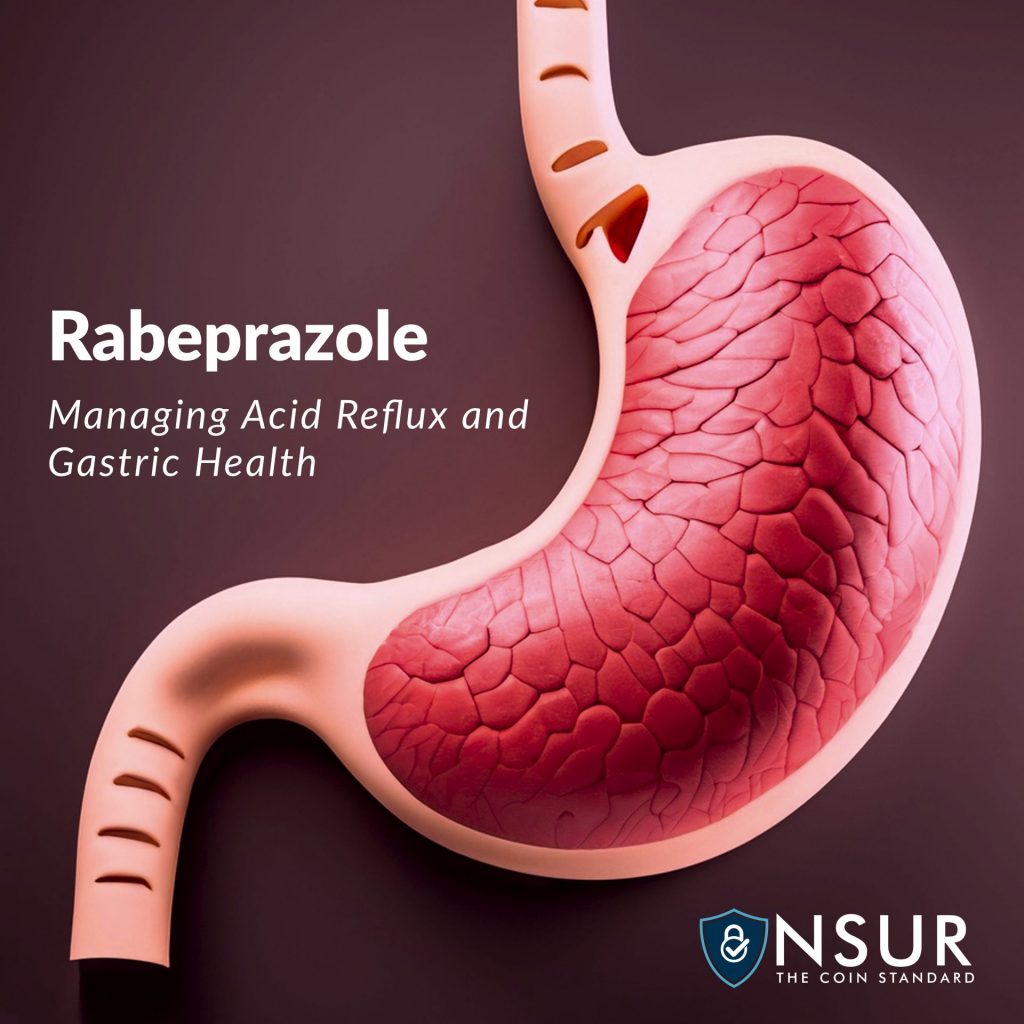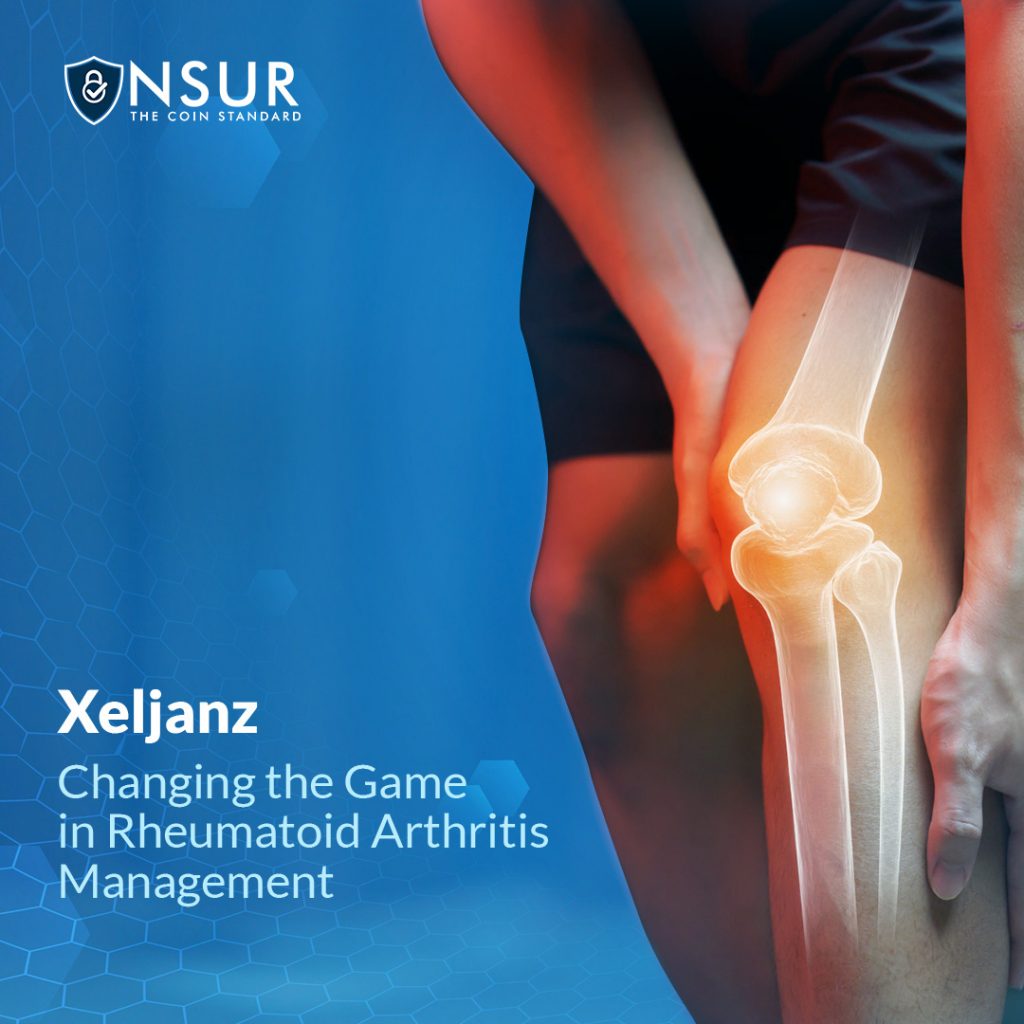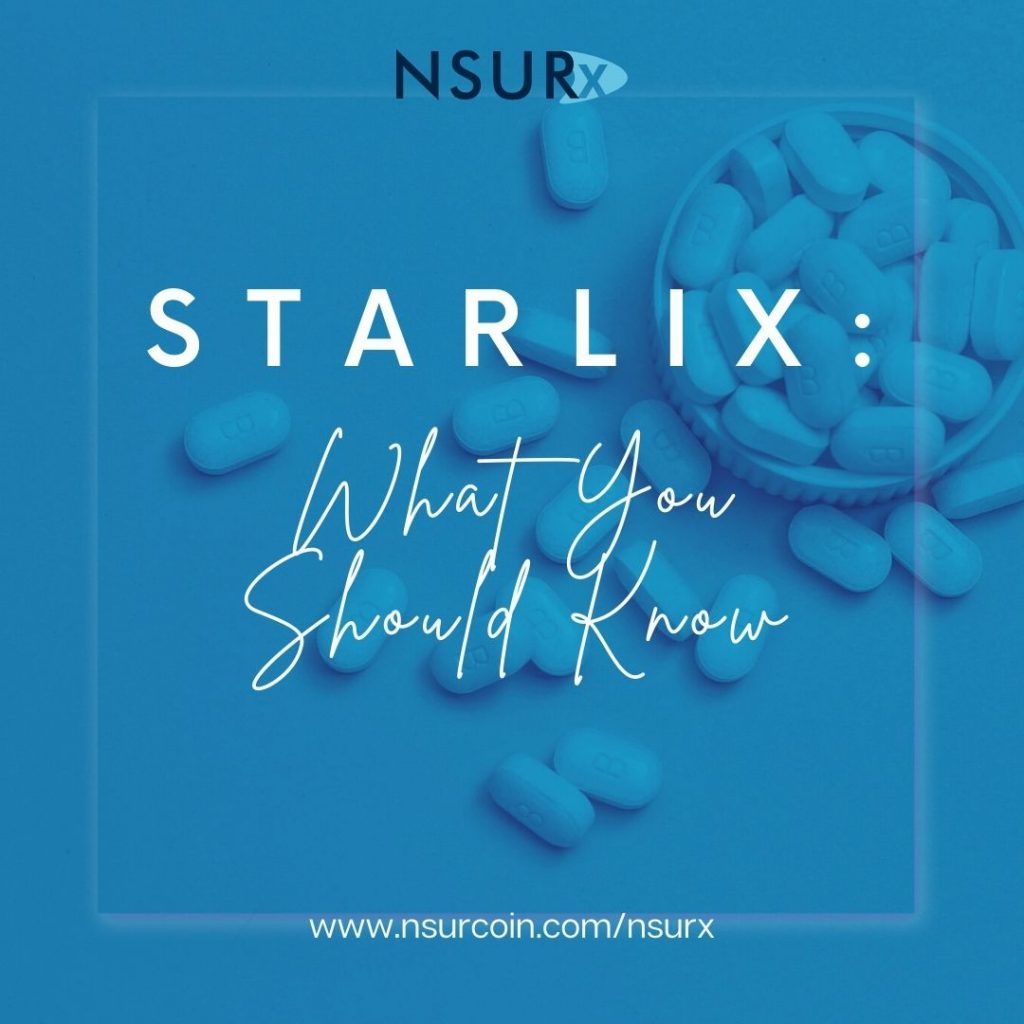
Gastrointestinal issues like acid reflux and gastric problems are not just uncomfortable; they can significantly impact the quality of life. In our fast-paced world, where dietary habits and stress play a crucial role in our overall health, managing these issues is more important than ever. One effective medication that has gained attention for its role in this battle is Rabeprazole. In this post, we’ll delve into how Rabeprazole helps in managing acid reflux and maintaining gastric health.
What is Rabeprazole?
Rabeprazole is a proton pump inhibitor (PPI), a type of medication that reduces the amount of acid produced in the stomach. It is commonly prescribed for conditions such as gastroesophageal reflux disease (GERD), Zollinger-Ellison syndrome, and peptic ulcers.
How Does Rabeprazole Work?
Rabeprazole works by blocking the enzyme in the wall of the stomach that produces acid. By inhibiting this enzyme, the drug effectively decreases the amount of acid in the stomach, which in turn helps in:
- Relieving Symptoms of Acid Reflux: Acid reflux, where stomach acid backs up into the esophagus, causes symptoms like heartburn, chest pain, and a sour taste in the mouth. Rabeprazole minimizes these symptoms by reducing stomach acid production.
- Healing Erosive Esophagitis: This condition, often a result of chronic acid reflux, involves inflammation and damage to the esophagus. Rabeprazole promotes healing by reducing the erosive action of stomach acid.
- Managing Peptic Ulcers: By lowering stomach acid levels, Rabeprazole aids in the healing of ulcers and prevents their recurrence, particularly in cases linked to Helicobacter pylori bacteria.
- Treating Zollinger-Ellison Syndrome: This rare condition causes tumors in the pancreas or duodenum to secrete excess hormones, leading to increased acid production. Rabeprazole helps in managing these elevated acid levels.
Dosage and Administration
Rabeprazole is available in tablet form and is typically taken once daily, though the dosage can vary based on the condition being treated. It’s important to follow your doctor’s instructions regarding dosage and duration of treatment.
Side Effects and Precautions
While Rabeprazole is generally well-tolerated, it can have side effects in some people. Common side effects include headache, nausea, vomiting, constipation, flatulence, and diarrhea. Long-term use of PPIs like Rabeprazole has been associated with an increased risk of bone fractures, kidney disease, and vitamin B12 deficiency.
It’s crucial to inform your doctor about any other medications you’re taking, as Rabeprazole can interact with certain drugs. Also, if you are pregnant, planning to become pregnant, or breastfeeding, discuss the risks and benefits with your healthcare provider.
Lifestyle and Dietary Considerations
While Rabeprazole is effective in managing symptoms, lifestyle and dietary changes can enhance its benefits:
- Diet: Avoid foods that trigger acid reflux, such as spicy, fatty, or acidic foods. Eating smaller, more frequent meals can also help.
- Weight Management: Excess weight can increase the pressure on your stomach, exacerbating reflux symptoms.
- Quit Smoking: Smoking decreases the lower esophageal sphincter’s ability to function properly.
- Elevate the Head of Your Bed: This can help reduce heartburn symptoms at night.
Take advantage of NSURx for your prescription drugs!
With the NSURx Prescription Benefit Card, you can save money on your medications at more than 35,000 pharmacies across the United States.
You can save up to 80% on your medication by using an NSURx card. Hundreds of dollars in savings could be yours every time you fill out your prescription.
The more you shop with NSURx, the more NSUR Coins you will receive as a reward.
Rabeprazole is a powerful ally in the fight against acid reflux and other gastric health issues. By understanding how it works and combining its use with appropriate lifestyle changes, you can effectively manage these conditions and improve your quality of life. Always consult with your healthcare provider for guidance tailored to your specific health needs.
Disclaimer
This blog post is intended for informational purposes only and should not be considered a substitute for professional medical advice. Always consult with a qualified healthcare provider for personalized recommendations and guidance.










